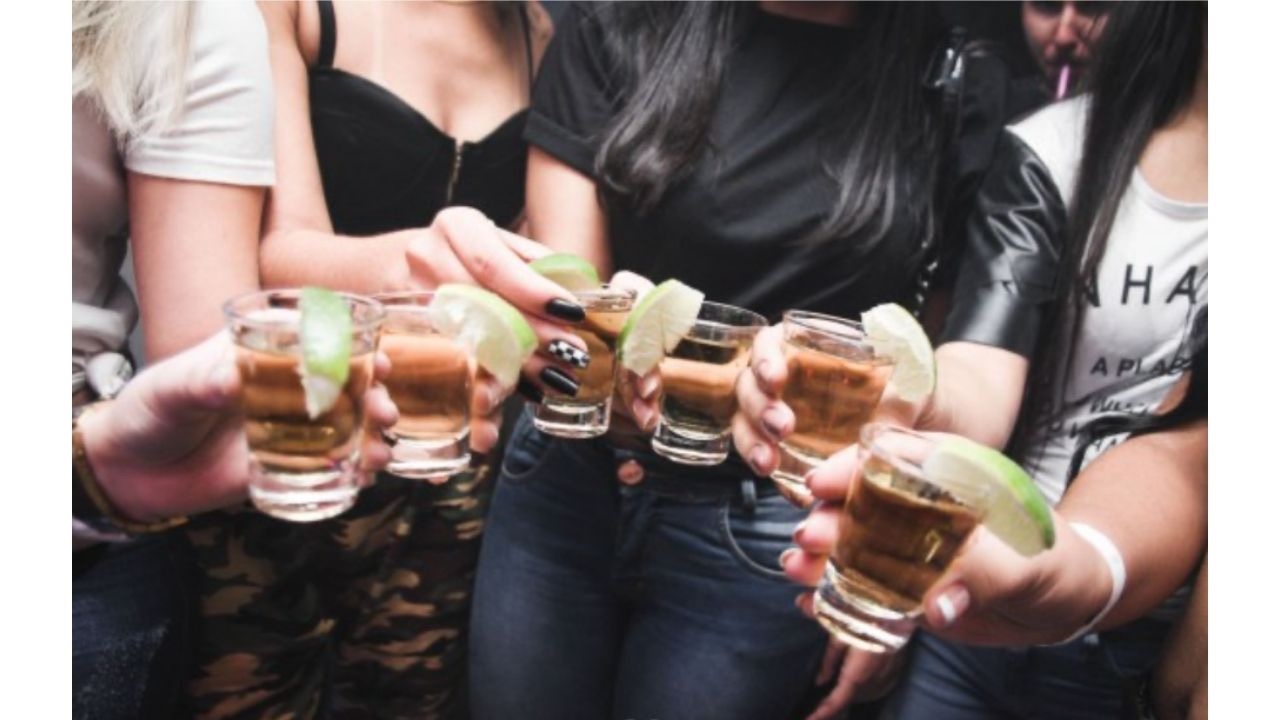
Underage and Binge Drinking: The Local Story
Mar 30, 2022Underage and Binge Drinking in Ventura County
Underage drinking is when anyone under the minimum legal drinking age of 21 drinks alcohol. It is a risk to youth and a widespread public health problem.
- In Ventura County, 6% of 7th graders, 14% of 9th graders and 26% of 11th graders currently use alcohol.
- Lifetime alcohol use by ninth and eleventh graders has declined by 20 percentage points over the past eight years.
- Binge drinking by eleventh graders has declined by 12 percentage points over the past eight years.
- 31% of 7th graders, 12% of 9th graders and 16% of 11th graders have ridden in a car driven by someone who had been drinking alcohol.
(Source: California Healthy Kids Survey 2015-16. During the past 30 days, on how many days did you use at least one drink of alcohol?)
What are the Risks?
- Alcohol is a mood altering drug. Alcohol related traffic crashes are a major cause of death among youth. Teens are more likely to have problems at school and be involved in risky behaviors.
- The majority of youth who drink tend to binge when they drink. A person who begins drinking as a young teen is 4 times more likely to develop alcohol dependence than someone who waits until adulthood.
Remember, alcohol use is risky for youth. Talk about it often with your child.
Talk to your Child about Alcohol
- Research shows that parents are the number 1 reason youth decide not to drink.
- Start talking to your child about alcohol before they start drinking, as early as 9 years old. About 10 percent of 12-year-olds say they have tried alcohol; by age 15 it’s 50 percent.
- The sooner you talk to your child about alcohol, the better chance you have to make a difference. Many teens listen to their parents’ advice about drinking. 80 percent said their parents were the main influence on their decision about drinking alcohol.
Consequences of Underage Drinking
Youth who drink alcohol are more likely to experience:
-
School problems – absences, poor or failing grades
-
Social problems – fighting, lack of participation in youth activities
-
Legal problems – arrest for driving, physically hurting someone while drunk
-
Physical problems – hangovers or illnesses
-
Unwanted, unplanned, and unprotected sexual activity
Tips for Parents
Parents play a key role in preventing underage drinking.
-
Plan ahead. Know where your child will be. If going to a party, know the parents of a host party and have the contact information.
-
Communicate. Talk to your child about the dangers of alcohol and drugs on a regular basis.
-
Set clear rules regarding your expectations on drinking, and drinking at peer parties. Set curfew hours and stick to it.
-
Make a contingency plan. Put a plan in place with your child if they are in an unsafe situation where underage drinking happens. Re-enact a scenario and plan a safety strategy.
-
Know the law. Know the social host ordinance laws in your city. Discuss with your children too.
-
Encourage. Encourage and teach your children that having fun is not about drinking and drugs.
To Learn More
-
The National Institute on Alcohol Abuse and Alcoholism (NIAAA). Make a Difference.
-
Substance Abuse and Mental Health Services Administration (SAMHSA). Talk. They Hear You. 5 Conversation Goals.
